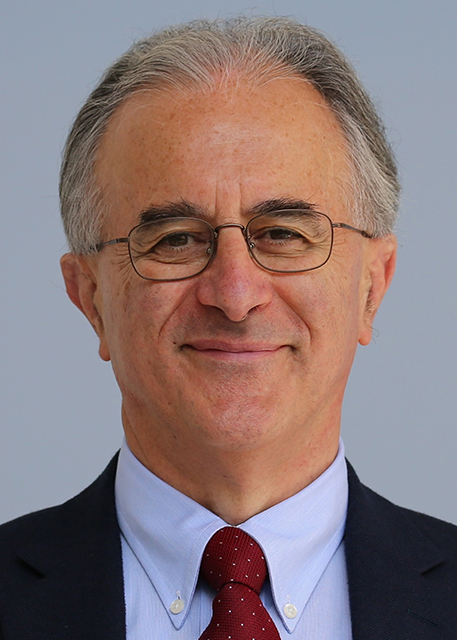Executive Leadership | From the Editor-in-Chief

Alberto Grignolo, PhD
Editor-in-Chief
Global Forum
Fellow of DIA
his is no April Fool’s joke: Simultaneously, as of early April, two major regulatory agencies have new leaders. Both are oncologists.
In Japan, Dr. Yasuhiro Fujiwara is the new Chief Executive of the Japanese Pharmaceuticals and Medical Devices Agency (PMDA). He succeeds Dr. Tatsuya Kondo, who led PMDA for an unprecedented eleven years through a period of transformation, improved efficiency, and openness to groundbreaking innovations in regenerative medicine, drugs, and medical devices. Dr. Fujiwara is currently Director General, Strategic Planning Bureau and Vice-Chairman of the hospital at the National Cancer Center (NCC). He also happens to have good relationship with DIA and was Chair of our DIA Japan Annual Meeting 2017.
In the US, Dr. Norman Sharpless is the new Acting Commissioner of the Food and Drug Administration (FDA). He succeeds Dr. Scott Gottlieb, who led FDA for two years through a period of stunning scientific innovation and record numbers of new drug approvals. Dr. Sharpless has been the Director of the US National Cancer Institute (NCI) since 2017.
While one can expect that these incoming Regulatory Agency Heads will lead their respective organizations with equanimity, their distinguished careers in oncology bode particularly well for future innovations benefiting cancer patients.
In a “parting shot,” outgoing FDA Commissioner Gottlieb issued a pointed call to action to industry and CROs to innovate clinical trials and focus on precision medicine in major ways–leveraging recent FDA Guidance documents and the Agency’s stated openness to new thinking in this field; citing “a continued reluctance to adopt innovative approaches among sponsors and clinical research organizations;” arguing that “new research paradigms are needed to break down barriers between real world data and clinical research;” and calling for greater use of enriched trials, risk-based monitoring, data sharing, disruptive technologies and “a more agile clinical research enterprise.” His position was very clear.
He is not alone. It appears that Dr. Sharpless also has a strong interest in seeing greater efficiency and productivity in clinical trials.
It is “surreal” to hear regulators encourage industry to be more innovative; it was not long ago that industry was urging regulators themselves to be more open to innovation. Have the tables truly turned? Will Agency reviewers of regulatory applications reflect the open-to-disruptive-innovation attitude of their leaders? Will industry and CROs rise to the challenge? One would hope so, in the interest of patients. Yet, regulators may have a point: A recent study by The Economist Intelligence Unit showed that four innovations in clinical trials which have a measurable positive impact on study enrollment and drug launch and reimbursement are not widely adopted. There appears to be room for improvement in the clinical trial enterprise.
Coincidentally (or perhaps not), our DIA Europe 2019 coverage in this issue reflects increased stakeholder attention to the very issues highlighted by Commissioner Gottlieb, and many more.
Change is in the air. Disruption is coming soon to a clinical trial near you.
Send your feedback on this issue to:
Publications@DIAGlobal.org

